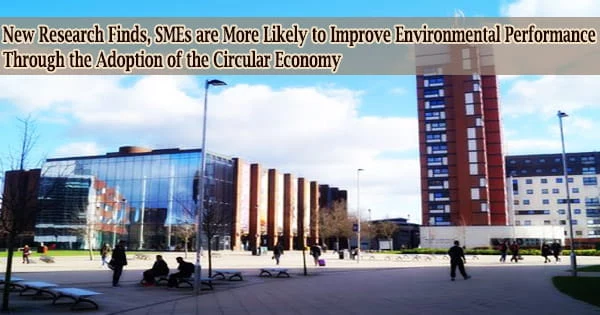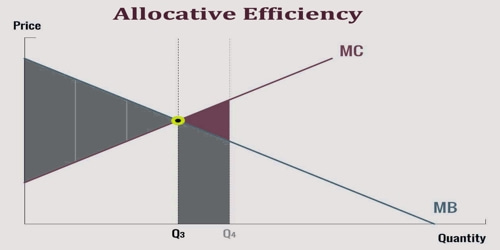Small and medium-sized enterprises (SMEs) are likely to achieve improved environmental performance through the adoption of the circular economy (CE), according to recent findings from a study done by Aston University.
The goal of CE is to benefit enterprises, society, and the environment through a comprehensive approach to economic development. A circular economy is regenerative by design and seeks to gradually divorce growth from the consumption of finite resources, in contrast to the linear “take-make-waste” model.
Professors Prasanta Dey and Pawan Budhwar of Aston Business School, Soumyadeb Chowdhury of the Toulouse Business School, Krishnendu Saha of Birmingham City University, Debashree De of the University of Essex, and Chrysovalantis Malesios were in charge of the project (Agricultural University of Athens).
Small and mid-size enterprises (SMEs) are companies with revenues, assets, or staff counts below a predetermined level. Each nation has its own definition what constitutes a small and medium-sized enterprise (SME).
A survey was used to collect information from approximately 100 SMEs in each of the four countries Greece, France, Spain, and the UK to study the current level of CE adoption. Following this, focus groups were held in each country with the owners and managers of SMEs, policymakers, and SMEs’ customers and suppliers to come up with solutions for enhancing sustainability performance.
Small and midsize enterprises (SMEs), despite their modest size, are crucial to the economy. They are significantly more numerous than large businesses, employ a sizable workforce, and are typically entrepreneurial in nature, helping to create innovation.
SMEs in the EU countries are likely to have sustainable design practices aligned with the CE philosophy. On the contrary, SMEs in the participating countries are likely to have worst recover function. This implies that customers’ pressure works for SMEs to adopt CE principles as design function in most of the SMEs’ businesses is governed by SMEs’ customers. Whereas effective recover function depends on SMEs’ self-motivation and policymakers’ pressure.
Professors Prasanta Dey
The study finds that adoption of CE is expected to help SMEs in all of the participating nations achieve higher environmental performance. SMEs in France were probably going to operate more sustainably overall than SMEs in the other participating nations.
Additionally, it was shown that while waste management needed to be improved, products, procedures, and facility design are likely to aid SMEs in all participating nations the most in adopting CE.
Professor Budhwar, head of Aston Business School, said:
“Although from prior research there is evidence of SMEs achieving superior environmental performance by adopting CE, economic and social performances are not assured. This motivated us to undertake empirical research to reveal the means for achieving higher sustainability performance (economic, environmental, and social) through CE adoption.”
“The findings of this research enable us to continue CE adoption not only in other European countries but also in India, Thailand, Vietnam, and Kenya.”
Professor Dey, a professor in operations and information management at Aston Business School, said:
“SMEs in the EU countries are likely to have sustainable design practices aligned with the CE philosophy. On the contrary, SMEs in the participating countries are likely to have worst recover function. This implies that customers’ pressure works for SMEs to adopt CE principles as design function in most of the SMEs’ businesses is governed by SMEs’ customers. Whereas effective recover function depends on SMEs’ self-motivation and policymakers’ pressure.”
“CE adoption needs a structured approach of analysing current state of CE through analysing correlation of organisational value functions with sustainability performance, identifying issues and challenges, and suggesting means for improvement across value functions.”
















